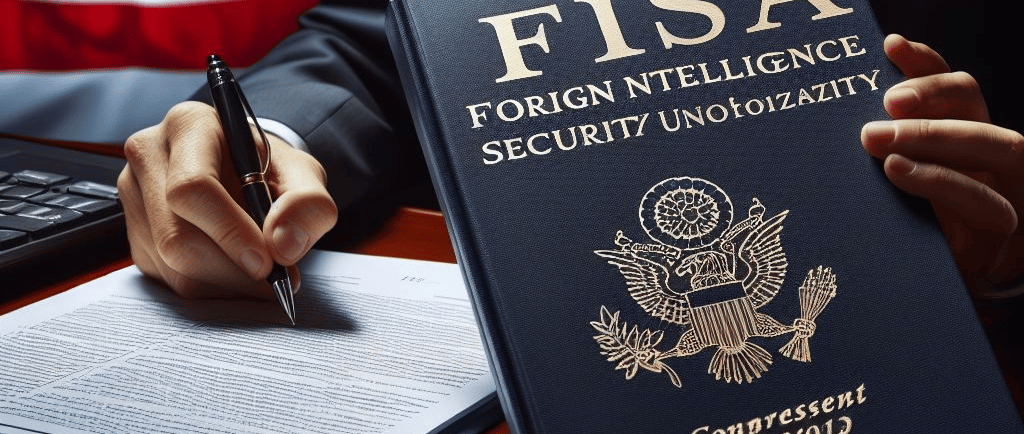The FISA Reauthorization Bill: Republican Concerns and Shifting Perspectives


The FISA Reauthorization Bill: A Republican Debate
The FISA (Foreign Intelligence Surveillance Act) Reauthorization Bill has become a topic of intense debate among Republicans in recent times. This legislation, originally created during the Republican Bush and Cheney years, has been a point of contention even during the Trump administration when Republicans held significant power in the government. The question arises - why are Republicans now showing concern for a bill they seemingly ignored when their party was in control?
The History of the FISA Reauthorization Bill
The FISA Reauthorization Bill was first introduced in response to the need for enhanced surveillance capabilities in the wake of the 9/11 terrorist attacks. It aimed to strike a delicate balance between national security and individual privacy rights. The legislation allowed for the collection of intelligence on foreign targets, including potential threats to national security.
During the Bush and Cheney years, Republicans championed the FISA Reauthorization Bill as a necessary tool to combat terrorism. They argued that it provided crucial intelligence gathering capabilities to protect the country from potential threats. However, there were concerns raised by civil liberties advocates who argued that the bill could potentially infringe upon individual privacy rights.
The Republican Shift in Perspective
Fast forward to the Trump years when Republicans held significant power in the government. Despite their control, there was a notable lack of action to address any perceived issues or concerns with the FISA Reauthorization Bill. This has led many to question the sudden interest and vocal opposition from Republicans now that they are in the minority.
It is important to note that political dynamics and priorities can shift over time. The concerns raised by Republicans today may stem from a reassessment of the balance between national security and individual privacy rights. As the landscape of security threats evolves, so too does the need to evaluate and potentially revise legislation to ensure its effectiveness.
Furthermore, it is not uncommon for political parties to adopt different positions depending on who is in power. The shift in perspective may be a result of Republicans now being in the opposition, allowing them to take a critical stance on policies they previously supported. This is a common practice in politics, where parties often use issues as a means to gain political advantage.
A Call for Bipartisanship
The debate surrounding the FISA Reauthorization Bill highlights the need for bipartisan cooperation and consensus-building. National security is a shared concern that should transcend party lines. It is crucial for both Republicans and Democrats to engage in constructive dialogue to address any legitimate concerns and find common ground.
Ultimately, the FISA Reauthorization Bill is a complex piece of legislation that requires careful consideration and thoughtful analysis. It is essential to strike a balance between protecting national security and safeguarding individual privacy rights. The current debate among Republicans serves as a reminder of the ever-evolving nature of politics and the importance of open and honest discussions to shape effective policies.
